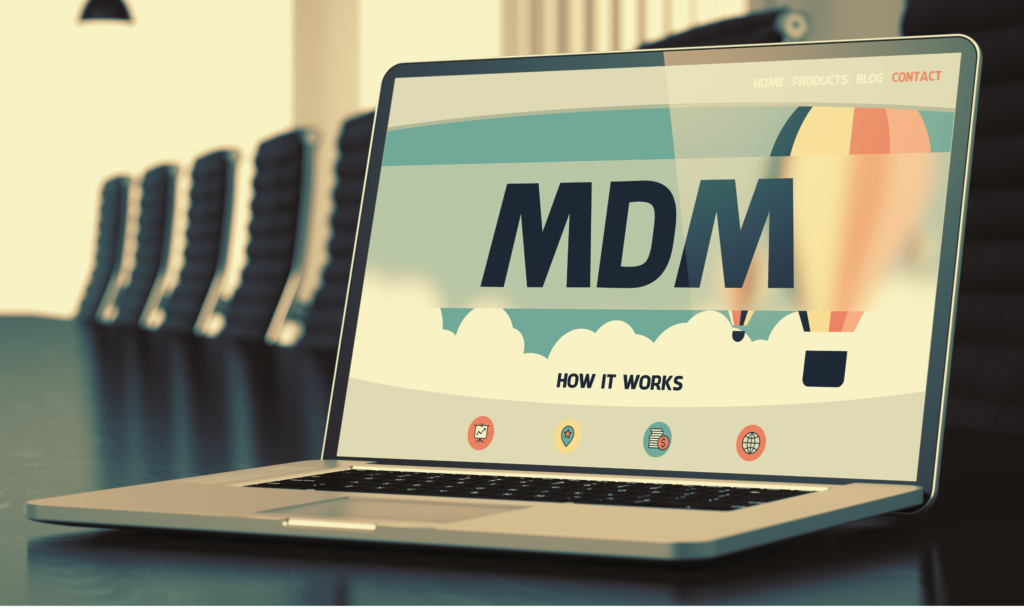
The headline from PwC’s 26th Annual Global CEO Survey says business leaders fear a dramatic fall in economic growth and expect the need to transform or die in the next decade.
The PwC global CEO Survey summarises the responses from 4,000+ CEOs from 105 countries about their views on the current situation of their company and their expectations for the coming years.
PwC Annual Global CEO Survey
The objective of the PwC survey is to identify key trends and patterns in the global economy that affect important management decision-making by leaders of the business establishment.
The survey makes for stark reading, as it reveals the downbeat view of CEOs on their own company’s growth prospects, which has dropped to the lowest level since the financial crisis of 2008.
When asked the question: “If your company continues running on its current path, for how long do you think your business will be economically viable?” almost 40 percent responded “10 years or less”.
In other words, four out of 10 CEOs expect that the next few years will bring changes so impactful in their industry that it will threaten the company’s existence if they don’t adapt.
PwC is not alone in painting this dark picture. EY (Ernst & Young) released their own CEO 2023 Outlook Study which also showed that the majority of CEOs fear recession will be worse than the financial crisis.
The EY survey, which recorded the views of 1,200 CEOs across the globe, found that 48% foresee a moderate slowdown in the global economy, while more than half (55%) of those preparing for a persistent downturn fear a recession worse than the global financial crisis of 2007-08 in terms of its length and severity.
What are the factors that will affect ongoing business performance?
When PwC asks about which factors CEO’s believe will impact their company’s profitability in the next 10 years, the top concerns were:
So let’s look a bit closer at these points for a moment.
Changing customer preferences
As consumption trends and customer preferences change, it has a direct impact on the purchase behaviour for certain products or services.
As a business, adjusting rapidly to these changes can require shorter product life cycles and more product variations, potentially requiring new research and development efforts, as well as changes to marketing and sales strategies.
Along with changes in customer preferences, there may also be a shift in terms of how an end-customer wants to purchase products or services. For example, customers are moving away from physical stores (bricks and mortar) to online marketplaces, or they may prefer to purchase products through subscription services (Direct to Consumer) or social media platforms.
With a 24/7 always on digital world, customers can always tap the internet to review, research and assess prospective purchases. That means customers may be gradually changing how they want to interact with businesses before, during and after a purchase.
Companies need therefore to adjust their communication protocols to match these preferences, potentially requiring changes to customer service processes, technology infrastructure and taking on an omnichannel approach to customer touch-points.
Regulatory change
Authorities are putting companies and their products under increased scrutiny and regulatory enforcement.
Many companies are working hard to comply with current regulations, and to stay on top of this will require a whole new approach to data collection and documentation through-out their products’ value chain.
One area of regulation that continues to expand and has business leaders worried is sustainability and the environment. As a result, CEOs need to further incorporate sustainability and social responsibility into their company culture. Failing to address these concerns could lead to a loss of customers and reputational damage.
What has changed in the minds of end-consumers is that they are willing to pay more for products with green credentials. So, as well as brand owners making public commitments regarding their green goals businesses need to show their commitment in response to the increase in regulatory and stakeholder pressure.
Skills shortages
Most companies have already experienced problems with finding and retaining the right applicants with highly desirable skills over the last few years, causing a hot job market for certain profiles and skillsets.
Without the right resources in place it will become increasingly difficult for businesses to grow and develop. And with a limited pool of qualified workers, the demand for their skills will only increase, driving up labour costs and the competition to keep and attract applicants. This could affect the ability to maintain profitability and may require adjustments to budgets and pricing strategies.
The current downturn in the economy in 2023 may soften this blow a bit, but the long-term trend is clear. Companies will struggle to recruit enough hands/heads to support the required company transformations.
Companies will need to work smarter and find ways to automate mundane tasks to get more done with less, proactively investing in upskilling and reskilling to stay ahead of the recruitment curve, especially when it comes to new technologies and emerging skills.
Technology disruption
We are on the brink of a major shift where Artificial Intelligence (AI) and Machine Learning (ML) and other related technologies will disrupt entire industries.
The cost and risk of lagging behind in adopting these technologies might be higher than for those organisations that ignored the Internet in the mid-90’s.
The Internet revolution was slowed down by the need for major shifts in consumer behaviour and lack of high-speed internet infrastructure. But the biggest impacts of the AI and ML revolution might first be seen inside a company and their adoption speed does not seem to have that kind of speed bumps in their way.

Is Master Data Management (MDM) the answer?
When I read the PwC CEO report, I must admit that I was looking at the issues through a Master Data Management lens, because it's a tool that can from experience make a difference.
And the theme of these issues is clear to me: Good data and the ability to process data efficiently is a prerequisite to address these challenges and achieve the agility necessary to respond fast enough to these changes.
Companies must establish a lean IT infrastructure, a solid master data foundation and streamlined business processes, defined by a high degree of automation, speed and high capacity through-put.
Companies will undoubtedly need to do other things as well, but these elements create a solid foundation on which a company can launch the necessary initiatives without getting blocked or held back by a lack of proper data and an unresponsive organisation paralyzed by legacy IT applications defined by technical debt and siloed business processes.
The Stibo STEP Master Data Management platform can help you achieve these goals and at Unit of Measure we have the know-how and experience to successfully implement STEP in your organisation.
Book a free consultation with us and let's explore how we can help you get your master data in shape and prepared for the changes waiting by the gate.